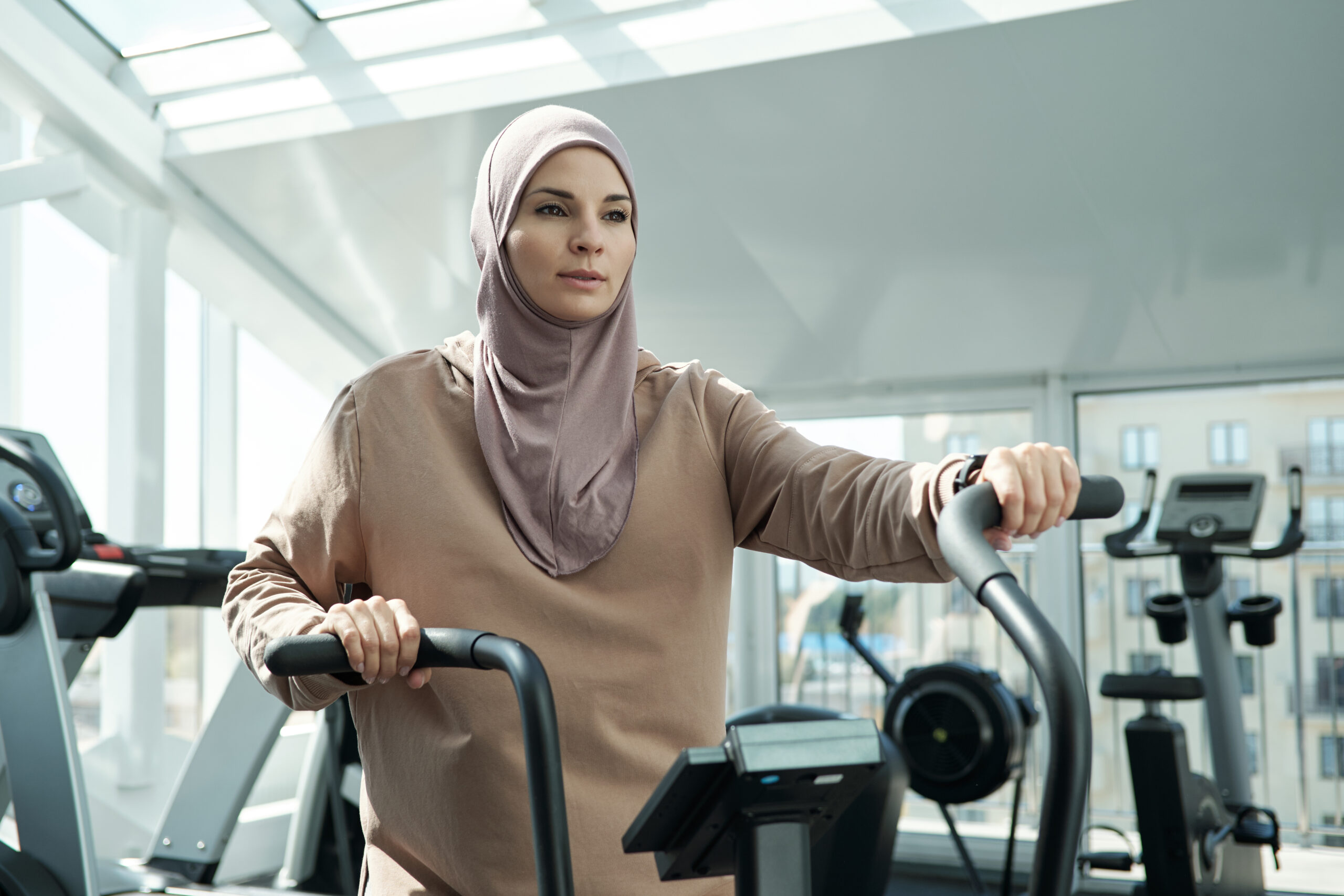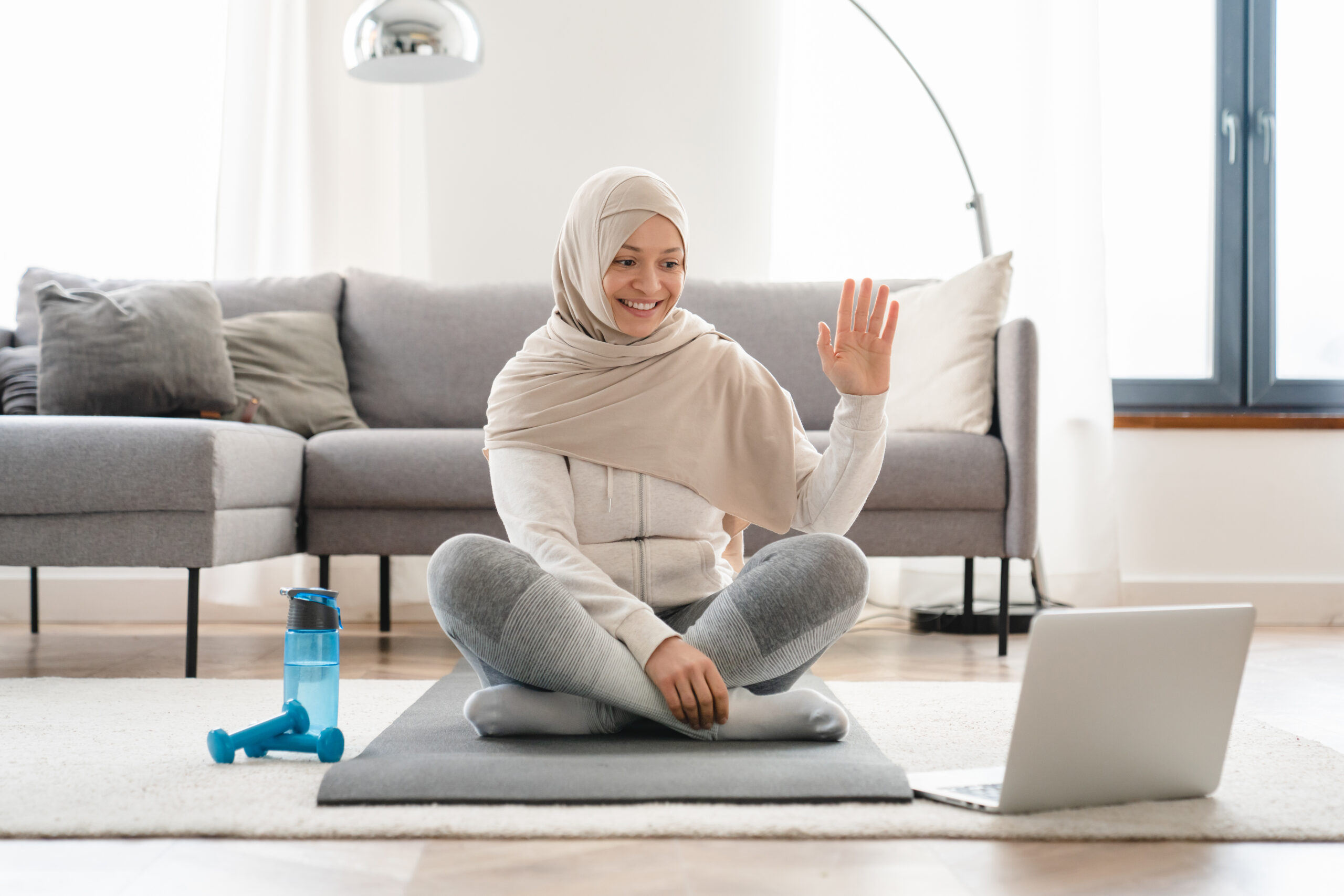Tips for healthy living during Ramadhan
Maintaining a healthy lifestyle during Ramadhan can be challenging, especially when it comes to staying fit and active.
With altered meal timings and changes in daily routines, it’s important to adopt strategies to ensure your physical well-being doesn’t take a backseat during this holy month.
Here are some effective tips to help stay fit this Ramadhan.
THE PRE-DAWN MEAL
Sahur, the pre-dawn meal before fasting begins, is crucial for providing the energy needed to sustain you throughout the day.
Opt for a balanced meal that includes complex carbohydrates, lean protein, and healthy fats. Incorporate foods like oats, whole grain bread, eggs, yoghurt, and fruits to keep you full and energised during the fasting hours.
Optimise your choices during this meal-time by avoiding sugary or fried foods that can cause energy crashes later in the day and select for foods that promote steady blood sugar levels.
With long hours of fasting, staying hydrated is essential for overall health and well-being. Make sure to drink plenty of water during non-fasting hours.
Coconut water, herbal teas, and hydrating fruits like watermelon can also help replenish electrolytes and keep you hydrated throughout the day.

BALANCED SUNGKAI MEALS
Breaking your fast (sungkai) with a balanced and nutritious meal is essential for replenishing energy levels and maintaining good health.
Include a variety of foods rich in complex carbohydrates, lean proteins, healthy fats, and fibre to ensure sustained energy release throughout the night. Opt for homemade meals cooked with minimal oil and incorporate plenty of vegetables, whole grains, and lean meats or plant-based proteins.
Now, portion control is also important. It’s easy to overindulge during sungkai and sahur, leading to feelings of sluggishness and discomfort. Practice mindful eating and portion control to avoid overeating and maintain a healthy balance. Smaller, frequent meals and avoid filling up on high-calorie, sugary foods will help better with digestion.
Focus on quality over quantity, savouring each bite mindfully to fully enjoy the flavours and textures of your meal.
STAY FIT
During fasting hours, intense workouts may not be advisable, but incorporating moderate exercise into your daily routine can still be beneficial.
Aim for low-impact activities such as brisk walking, yoga, or light stretching exercises.
These exercises can be performed either during the early morning or in the evening before sungkai. Engaging in such activities helps improve circulation, maintain muscle tone, and boost energy levels without causing exhaustion.

Consider incorporating other forms of moderate exercise that are suitable for fasting periods and after breaking the fast.
These may include cycling which is an excellent option for moderate exercise whether it’s outdoor cycling or stationary biking as it helps to improve cardiovascular health and strengthens leg muscles.
There’s also the option of doing pilates as it focuses on strengthening core muscles, improve flexibility and enhances body awareness. It’s a gentle yet effective form of exercise that can be done during fasting hours or after sungkai.
There has also been an increase in individuals partaking in badminton after breaking their fast, and this is also a great form of exercise as badminton is a dynamic sport that involves running, jumping and rapid movements, making it an effective cardiovascular workout.
It also helps agility, coordination and reflexes while also strengthening muscles, particularly in the legs, arms and core.
A reminder to also find opportunities to stay active during the fasting period can help counteract the effects of prolonged fasting and maintain overall fitness levels.
Incorporate short bouts of physical activity into your daily routine, such as taking the stairs instead of the elevator, going for a post-sungkai walk with family or friends, or performing light household chores.
If you’re not one for too much movement that post-sungkai walk with family or friends can definitely be enjoyed as a night stroll around the capital or any parks that are open after sungkai.
Moreover, staying active throughout the day doesn’t have to be limited to structured exercise sessions. Simple activities like stretching while sitting, pacing around while on the phone, or doing squats during breaks can also contribute to your daily movement goals.

By finding creative ways to stay active, you can ensure that your body remains engaged and energised during Ramadhan.
Be mindful that adequate rest and sleep are crucial for overall health and well-being, especially during this fasting month when sleep patterns may be disrupted.
Aim for seven to eight hours of sleep per night and listen to your body’s signals for rest and recovery.
Take short naps during the day if needed and if possible, and prioritise relaxation techniques such as deep breathing, meditation, or reading to unwind and reduce stress levels. – Izah Azahari





